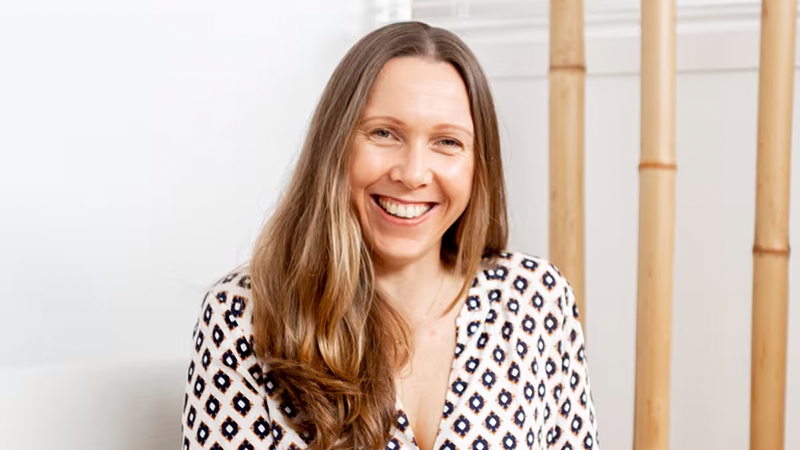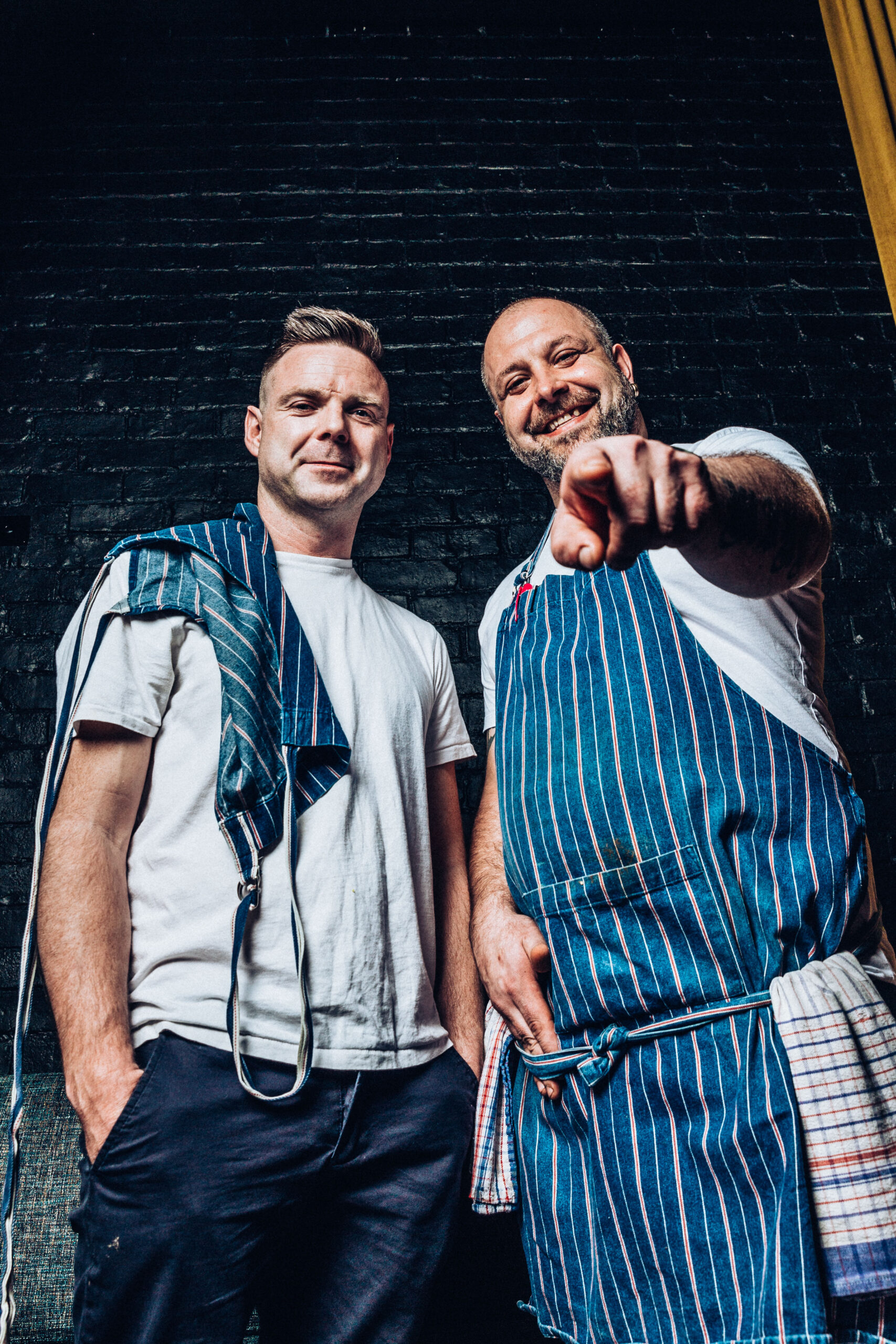Words by Grace Clarkson
It’s the 10th anniversary of Fashion Revolution and this Fashion Revolution Week (April 15 to 24) is an opportunity to think about ways in which we can all be fashion revolutionaries.
Understanding our role in the fashion system is a vital part of finding ways to improve our fashion footprint. And with transparency being a core element of progress in the mindful consumption journey, brands have a big part to play.
Going to the shops is not always the answer when something is missing from your wardrobe, though we understand that sometimes needs must. Being thoughtful throughout this process is important, and the most responsible thing you can do as a consumer is to know where you are putting your money.
Does the brand represent what you believe in? Is it the right choice for your needs? We are learning to ask ourselves these questions.
In a quest for inspiration, Fashion Revolution’s Grace Clarkson chats with some of our favourite Kiwi brands about their qualities that embody a fashion revolutionary.

Self-awareness
To understand how we can grow as mindful fashion consumers, we must first understand what is wrong.
Chatting with Kowtow founder Gosia Piatek, I was inspired by the label’s unwavering dedication to constant improvement since its inception in 2006. Kowtow has been making revolutionary changes to its supply chain, not because it was expected or even because those opportunities existed, but because Gosia believed in doing more. One of its most recent and remarkable changes is its commitment to a plastic-free future in Kowtow production. Gosia shares the inspiration behind this shift, saying, “The decision to go plastic-free meant we had to get rid of a range of products that we felt were compromising our ethics.”
Another brand in New Zealand’s fashion scape that embodies this ability to look inward is Standard Issue. Known for its timeless and quality knitwear. “For us, everything starts and ends with the land,” says Standard Issue digital marketing & communications manager Laura Bowman. “This means at the very beginning, choosing natural fibres which are grown in a way that positively impacts the micro-climate around it.”
We would do well to draw on these brands’ quality of self-awareness. Only when we are conscious of our impact can we find ways to be better.

Responsibility
If self-awareness is the first, then taking responsibility is what comes next. Being honest about our actions allows us to be accountable for our missteps and provide inspiration for others.
Kowtow has built a relationship with its audience through transparency, giving us a clear picture of what fashion production can look like. Kowtow’s story is by no means the industry standard, but it has set an example to follow. Gosia speaks to Kowtow’s open communication, saying, “I always felt if we don’t have any information on parts of our supply chain, we cannot work with people on positive change.”
A culture of carelessness within the fashion industry has become a significant threat to our environment, as purchasing rates have accelerated and brands have prioritised profit over reducing their impact. Another New Zealand brand that takes great responsibility is Christchurch label Untouched World. Speaking with the development manager at Untouched World, Fiona Bretherton, she reiterates the importance of accountability, saying, “It is a privilege that we have our manufacturing on site because we actually get to see first-hand the waste.”
Whether you are a consumer making purchasing choices or a brand making production choices, owning responsibility for your impact is essential.

Localisation
Having a world of choice pop up on Instagram every day can make our shopping options feel limitless. But one way to be a fashion revolutionary is to love your local.
Untouched World, founded in 1981 by Peri Drysdale, has a story deeply tied to New Zealand. Forty-three years on, they are as committed as ever to “NZ made”, maintaining production in New Zealand, with 96 per cent of their products made locally, using wool grown at Glenthorne Station in Canterbury.
Sitting down with Fiona, she explains just how close Untouched World production is, saying, “Just through the walls, maybe two doors down, is all the manufacturing onsite.”
Standard Issue is also committed to being New Zealand-made, with its knitwear made entirely in-house out of 100 per cent natural fibers. This effort is becoming an increasingly impressive feat. “Over the years, we’ve invested in technology to support our local production. Without this, it would be difficult to continue making here,” Laura explains.
New Zealand has a long and special relationship with garment production. While shopping retail should not be our first reflex, localising consumption just like these brands localise their production is a step in the right direction.
Shared Knowledge
Knowledge is power, and our power as fashion revolutionaries can be found in numbers.
Participation in the sustainable fashion movement often starts with education, and Untouched World is a label committed to supporting this space. The Untouched World Foundation, which began in 2000, is a leadership in sustainability initiative that supports young people in leading positive change. Fiona tells me the impact has been tangible with “people who have graduated through the programme go on to be part of the UN Council.”
Kowtow has also been proactive in sharing their knowledge on progress, recently publishing their “Plastic Free Handbook,” which they describe as an “open source guide to plastic-free clothing.” Gosia shares her inspiration for change that goes beyond the brand, saying, “I wanted to see how I could influence the industry with a more sustainable and ethical approach.”
Now is not the time to gatekeep your sustainable fashion secrets. Navigating a sea of information telling us how to do better can be challenging, and like Untouched World and Kowtow, it is vital to share our knowledge productively.
Being a fashion revolutionary can mean all kinds of things, and what I have come to understand after exploring these different examples of New Zealand fashion is that there is no one formula. The key to success lies in the authenticity of your intention and your commitment to a constant state of change. None of us have all the answers, but sharing our knowledge and supporting others who are making choices you believe in feels like a good place to start.





